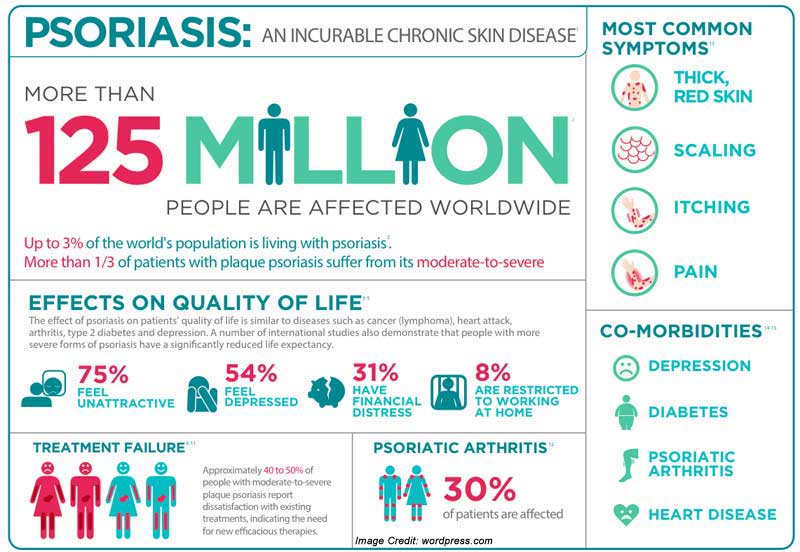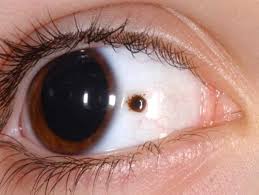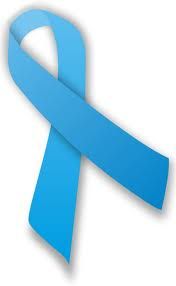
Parents can make sure their children get the new school year off to a healthy start by getting checkups for them during the summer break.
“Well visits are important because they give us a chance to evaluate a child’s general health, growth and development,” said Ali Naqvi, M.D., a pediatrician with the UT Physicians Community Health & Wellness Center – Jensen. “We also test their vision and hearing.”
Here are seven tips for a healthy head start from the medical experts at UT Physicians, the clinical practice of McGovern Medical School at The University of Texas Health Science Center at Houston (UTHealth).
1) Ease into a school sleep schedule – A few weeks before school starts, get children up in the morning and to bed at night a little earlier. Aim for 15-minute increments each day. Keep the same sleep schedule on the weekends, too. The keys to a good night’s sleep include making sure children eat properly and get plenty of exercise. Electronics in the bedroom and caffeine after lunch are big no-nos. Research shows that children who get a good night’s sleep also get better grades.
2) Choose the right backpack – According to the United States Consumer Product Safety Commission, in 2013, in excess of 5,400 backpack-related injuries were treated in emergency rooms across the U.S. Those injuries can be reduced by buying age-appropriate backpacks and making sure children do not overload them. When lifting a backpack, it is important to bend at the knees. Improper use and lifting techniques can lead to severe back, neck, and shoulder pain, and in some cases posture problems.
3) Check those vaccination records – Immunizations can reduce a child’s risk of measles, whooping cough, tetanus, diphtheria and other disease Tragically, outbreaks of preventable diseases still occur in the U.S. from time to time. Outbreaks are generally linked to areas with low inoculation rates and they put babies too young for vaccinations or children who have low immune systems at risk. There are different immunizations for different age groups. If you miss a vaccination, pediatricians have catch-up immunization schedules.
4) Screen children for vision problems – A study shows that more than a third of U.S. children ages 12 to 17 are nearsighted. The warning signs include sitting too close to the television, recurring headaches while reading and squinting while looking in the distance. The good news is that health professionals often can correct these vision problems by prescribing eyeglasses and contact lenses. Good vision is critical to academic success.
5) Do not wait until a child is sick to see a doctor – Well-child visits are a great way to build a rapport with a physician and to monitor a child’s health. Doctors can help if a child is struggling with his or her weight, has high blood pressure or even heart issues. They can also check for lice, food allergies, pinkeye and other medical issues.
6) Protect the pearly whites of student athletes – It is hard to hide a missing tooth. Mouthguards can soften a blow to the face and thereby reduce the risk of broken teeth. Dentists can customize mouthguards for children. While there, make sure children are cavity-free.
7) Watch out for the signs of hearing loss – If a child is turning the volume on a television unusually high, asking people to repeat questions or having difficulty concentrating, he or she may have a hearing problem. Hearing loss can be caused by infection, trauma or exposure to loud noise. It is important to have a child’s hearing checked on a regular basis.
By following these tips, parents can position their children for a successful school year.
by Rob Cahill





 RSS Feed
RSS Feed
